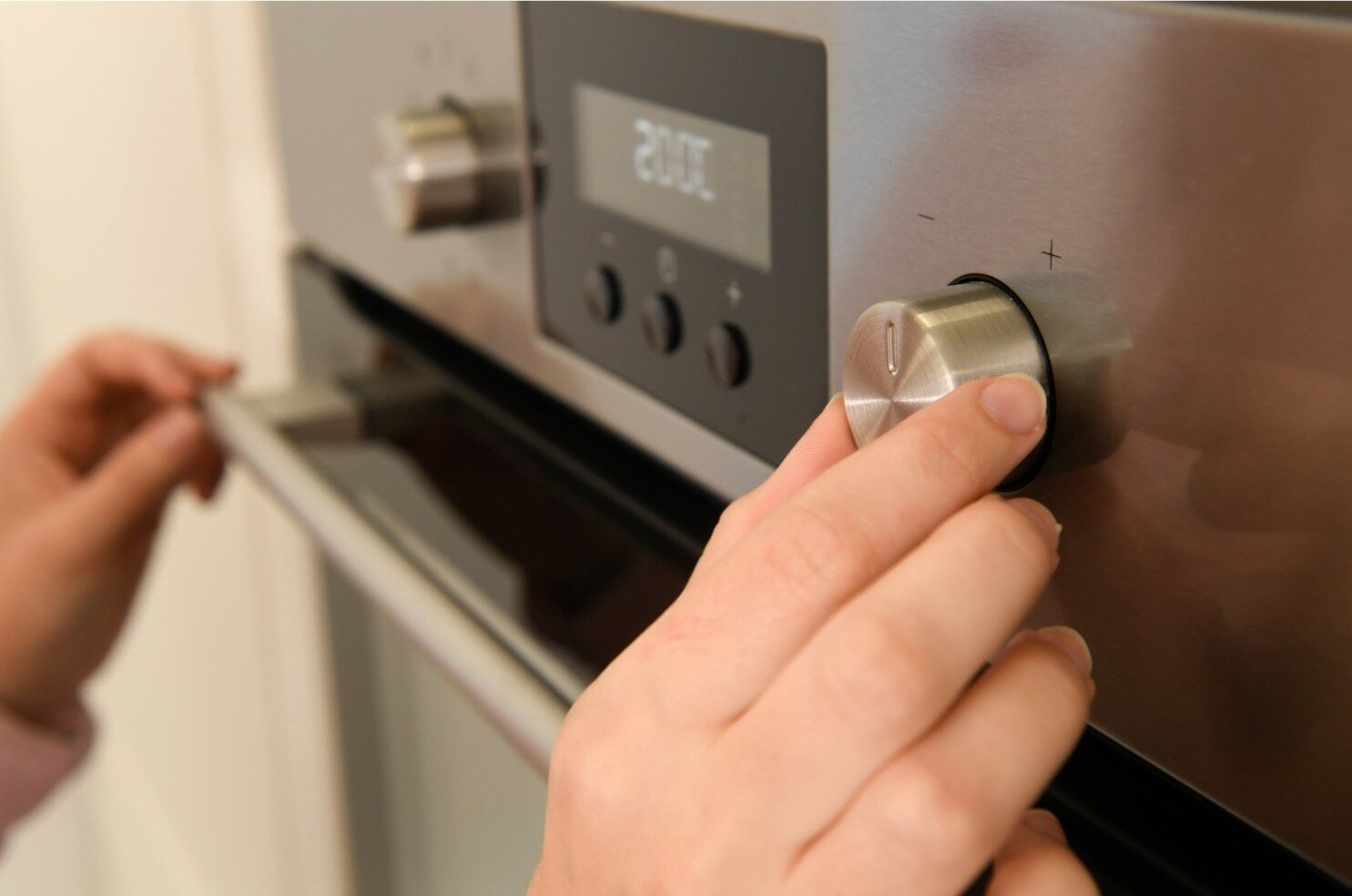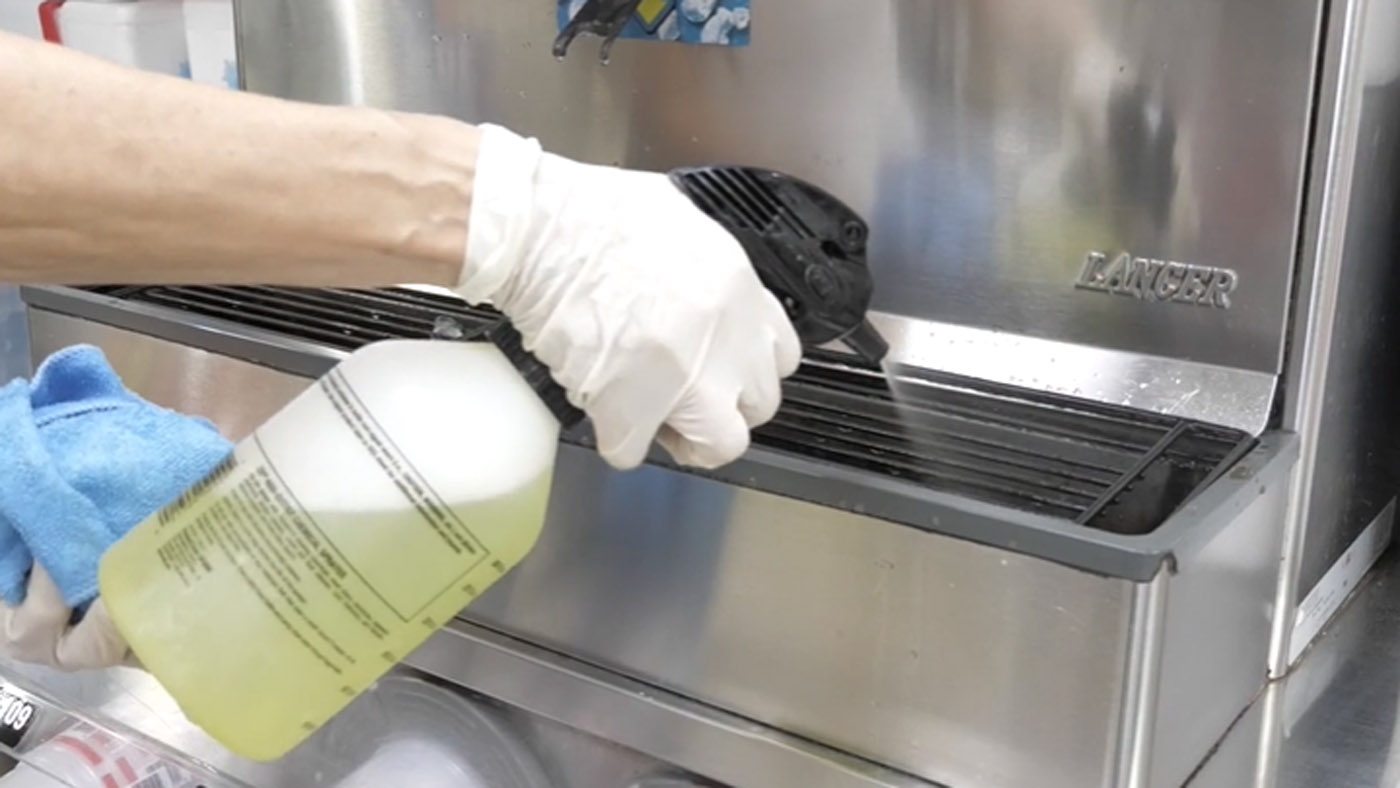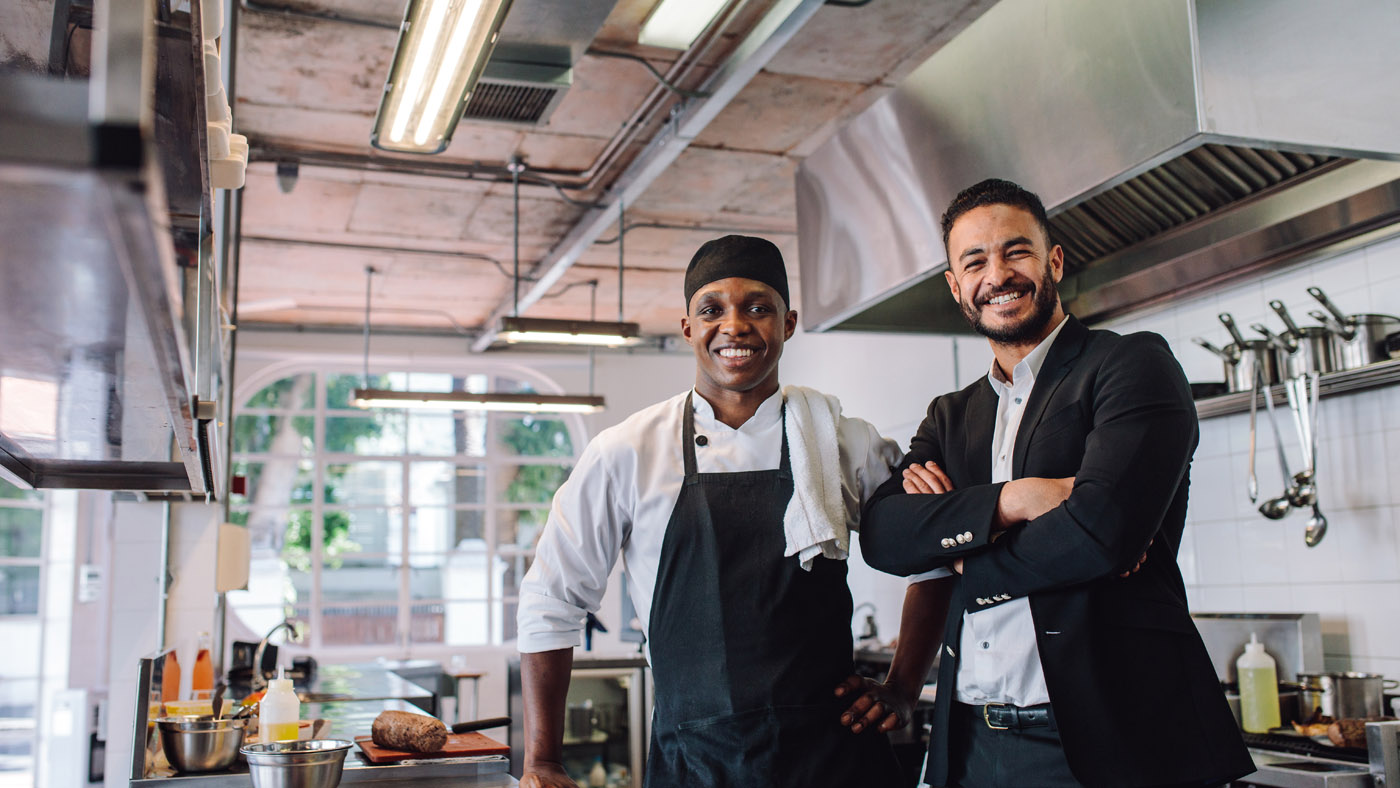Facilities Management News
Why Uptime is the New Customer Experience
By Vixxo Management | Aug 20, 2025 2:39:30 PM | 3 minute read
Topics: Restaurants Facilities Management
Never Miss a Beat: Coffee and Oven Equipment
By Vixxo Management | Jul 11, 2024 10:27:36 AM | 3 minute read
by Joe Staltare
Topics: Convenience Stores Restaurants Cost Efficiencies Equipment refresh rollouts
Sustainable Retail: Creating an Eco-Friendly Store and Saving Money in the Process
By Vixxo Management | May 10, 2023 1:59:53 PM | 4 minute read
Retailers are increasingly recognizing the importance of sustainability in their operations, not only to reduce their environmental impact but also to save money and meet evolving consumer expectations. According to a report by the National Retail Federation and IBM, nearly two-thirds of consumers prefer to buy from companies with sustainable practices, and more than half are willing to pay more for sustainable products.
Topics: Retail Stores Energy Management Restaurants Facilities Management
Have Restaurant Dining Trends Permanently Shifted?
By Vixxo Management | Oct 2, 2020 11:47:15 AM | 3 minute read
Topics: COVID-19 Facility Management Restaurants Design Customer Experience
Crisis In Confidence
By Vixxo Management | Mar 29, 2020 10:31:00 AM | 3 minute read
HOW RETAILERS AND RESTAURANTS CAN REDUCE EMPLOYEE AND CUSTOMER FEARS DURING THE PANDEMIC
Topics: COVID-19 Retail Stores Restaurants Rapid Response Planning
Common Threads: Guiding The Customer Experience In Restaurant And Food Retail
By Vixxo Management | Mar 14, 2020 10:27:00 AM | 2 minute read
A lot has been said about the importance of positive customer experiences and how they impact food retailer and restaurant success. But what are the key factors that make for a great experience? A series of recent surveys about consumer preferences consistently reveal three factors that drive loyalty, and therefore revenue: Atmosphere, Quality and Convenience.
Topics: Restaurants
Consistent Food Service Equipment Maintenance Means Smoother Workflows And Happier Customers
By Vixxo Management | Jan 17, 2020 10:08:00 AM | 3 minute read
Food service and beverage equipment is a foundational element of strategy and operations for businesses ranging from restaurants and cafes to commissaries and cafeterias. When equipment doesn’t operate as intended, it can introduce issues like higher operational costs, decreased output, compromised food safety and unappealing final products. Even worse, these assets going offline can quickly bring operations to a halt and harm both the bottom line and customers’ perception of your brand.









